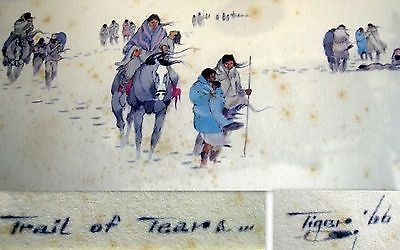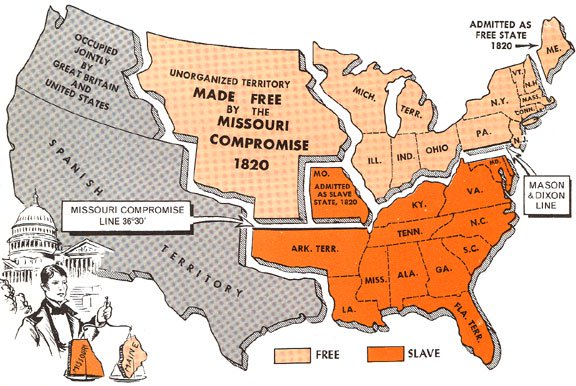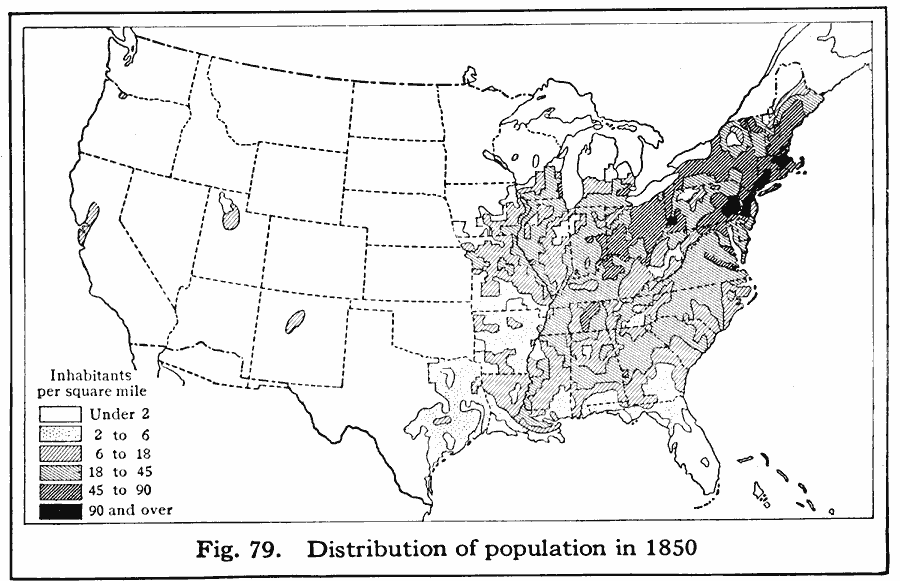
Writer's Block.
A thread for @alixabeth and others. This is not about writing problems in general: procrastination, frustration, stress eating, pain, and so on. It's for when you cannot remember how to write- like there is a gap in your brain- and the whole world goes gray. 1/
A thread for @alixabeth and others. This is not about writing problems in general: procrastination, frustration, stress eating, pain, and so on. It's for when you cannot remember how to write- like there is a gap in your brain- and the whole world goes gray. 1/
You might well be a prolific writer, but it starts to dry up. It's honestly like you can't remember how to do it. Upset, you tell friends, who joke about it, because OF COURSE you can write. But you can't, and you can't convince anyone you have a big problem. So you wither. /2
The harder you try to meet that deadline, or outline that book, the more elusive it gets. It is like you have lost a piece of yourself, and you are terrified you will never get it back. But no one understands. So you try harder to write, and it gets worse. /3
When this happened to me, I had the extraordinary fortune to see an older colleague, also a writer, who happened upon me at a bad moment and recognized that I was in a bad place, and actually listened. Here was his advice... and it worked. He compared what we do to athletics. /4
As an athlete, you would never train doing the same workout every day. That would injure the muscles you need, while letting the others weaken, and you would be on your way to a catastrophic injury that would knock you out of the game. This is why athletes cross train. /5
He told me I had our version of a repetitive injury, and had been knocked out of the writing game when it had become catastrophic. The harder I tried to get back in, the more I would injure myself. Put away the laptop, he said, just as I would stop running if I had a fracture. /6
Work on healing the injury, first by staying off it, then by cross training. Feed other intellectual muscles. Learn about art, music, gardening, whatever is outside your field. Get outside your intellectual comfort zone: Kpop or film noir or birding. Cook new foods. Exercise. /7
Do not write, and don't let yourself be pressured into it, any more than you would start running on a broken leg. There will come a day when you feel like writing something again, nothing big, maybe a postcard or an overdue recommendation. Even a shopping list. /8
You will be afraid to try because it might bring back all the terror of the early days. So don't. Until you decide you're willing to try. Then limit yourself. Even if it's going well... take it really, really easy. (Injury, remember?) Do the postcard and nothing else. /9
And if you can't do it, put the idea aside and revisit it later. You will want to try it again, and likely soon. Try. Eventually you'll be able to do it. Easily. Rebuild your muscles gradually. They WILL come back when you are ready. /10
And now that I have terrified you... here's the good news. All that intellectual cross training means you will come back much stronger than you were when you had to stop. Your writing- and your intellectual maturity- will be at an entirely different level. /11
It worked for me. Maybe just having permission to stop trying turned the trick; I don't know. But I was writing well again within a year. I remember it as weeks, but it was probably months. And now I'm really careful to cross train. It shows in my work now, I think. /12
So hang in there. You would not be a writer if it weren't baked into you, and it WILL come back. Giving yourself some space and some grace will be the best way to shorten the problem, and in the end, it will help your writing. But it TOTALLY sucks, I know. I hope this helps. /END
• • •
Missing some Tweet in this thread? You can try to
force a refresh












